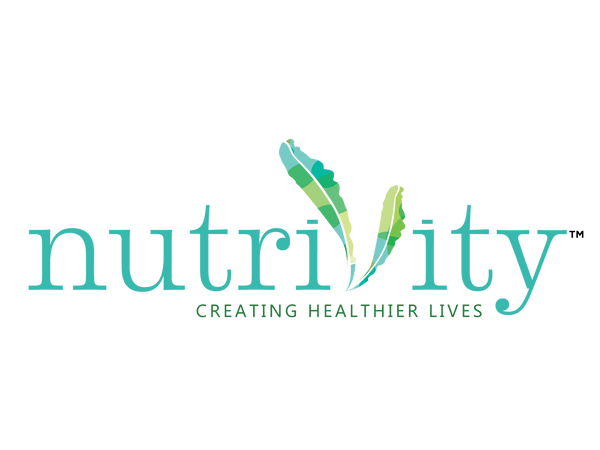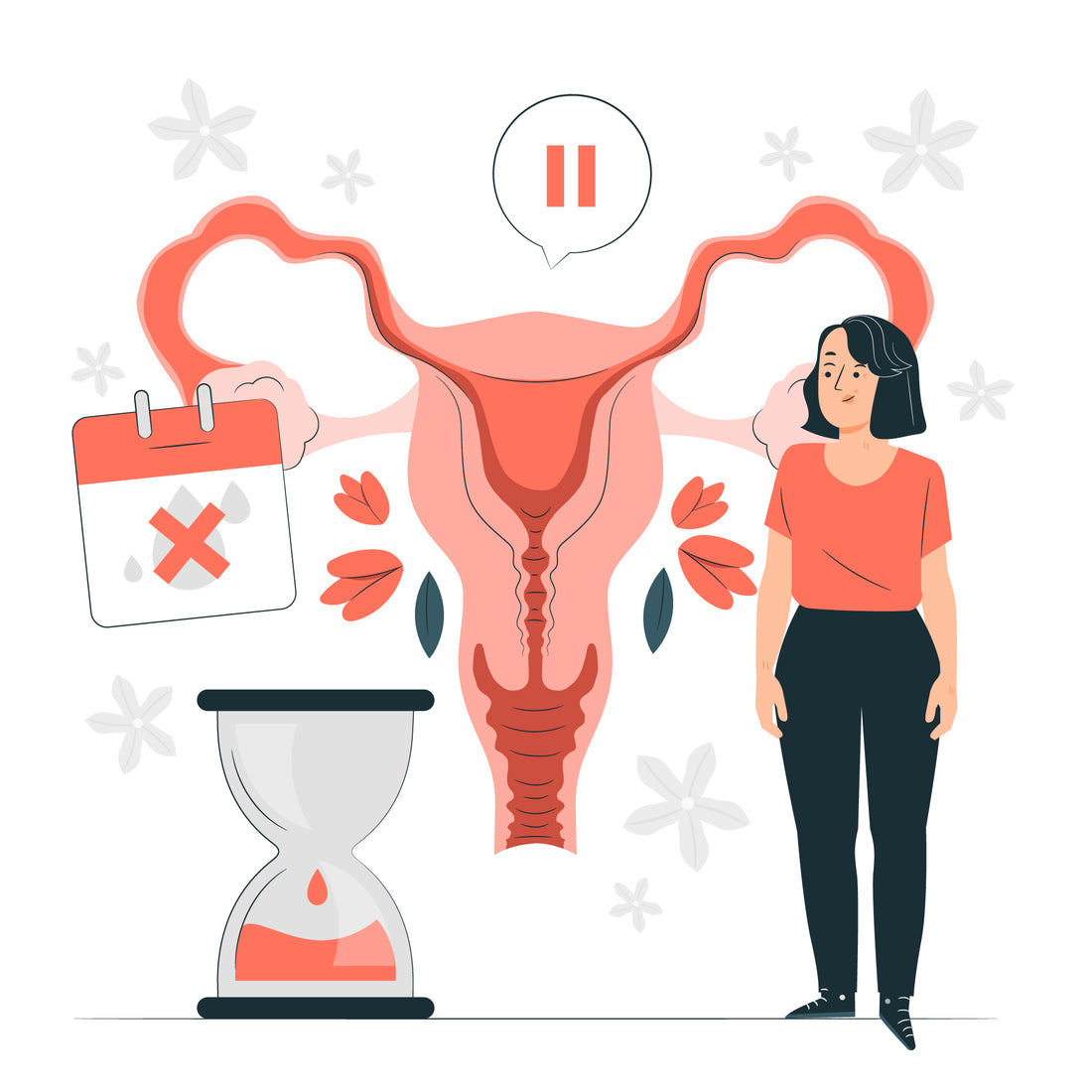
Tips for managing PCOS
- Nutritional control is crucial in the treatment of PCOS. Weight loss has been shown to be beneficial in PCOS patients.
- Dietary modifications must be designed to enhance insulin sensitivity and weight This includes decreasing the total caloric intake with moderate (45-55% of total calories) amount of complex carbohydrates and avoiding sugar and sugary drinks.
- It can be accomplished by consuming complex carbs in moderation, such as whole grain cereals, sprouted legumes and pulses, and seasonally available vegetables and fruits.
- Food sources of good quality protein should be included in the diet Ensure they are included in all the Choose from -low fat milk, curd, dals, sprouted legumes, paneer, eggs, chicken, fish etc.
- Saturated fats and trans-fats from the diet should be avoided This includes avoidance of hydrogenated fats, fried foods, bakery products, fast foods
- Supplementation of vitamin D3 and chromium picolinate is helpful to improve glucose tolerance, insulin
- Regular physical activity under the guidance of an expert plays avital role in
Inositol and Polycystic ovary syndrome (PCOS)
Inositol is commonly referred to as vitamin B8, but it is actually a form of sugar with a number of vital functions. Inositol is naturally found in foods such beans, fruit, grains, and nuts. Inositol comes in nine different forms, two of which are naturally plentiful in the body. The myo- and d-chiro inositol’s are the one. The body can also produce inositol from the carbohydrates eaten. However, while using supplements as a medical treatment for PCOS, it's critical to acquire the prescribed dose.
Inositol aids in increasing insulin sensitivity in cells. This hormone helps the body's cells absorb glucose, which provides them with energy. Because the glucose cannot be digested effectively, the cells in PCOS become less responsive to insulin, resulting in higher blood sugar levels. Inositol also reduces fat cell biomarkers and androgens in the bloodstream, which is beneficial.
Advantages of Inositol
- It aids in the reduction of insulin resistance.
- It lowers androgen levels (including testosterone).
- Improved egg and embryo quality and increased ovulation frequency.
- Metabolic syndrome reduction (high blood pressure, high blood sugar, excess body fat, etc.)
- Make the menstrual cycles more regular.
- Clinical studies suggest that daily dosages of inositol and folic acid may help to enhance insulin function and modestly lower blood pressure in patients with PCOS, especially when paired with folic acid.
- Preliminary study suggests that a combination of inositol and folic acid may aid ovulation in PCOS-affected individuals.
- In one study, taking 4 grams of inositol and 400 micrograms of folic acid daily for three months resulted in ovulation in 62% of women.
Inositol has been demonstrated to be effective in the treatment of PCOS in a number of studies. Increased insulin sensitivity in cells leads to a reduction in metabolic syndrome illnesses.
PS - Supplements should be taken according to your doctor's instructions.
Diet Plan
|
MEAL TIMINGS |
MENU |
HOME MEASUREMENTS |
|
Empty stomach
|
Lukewarm water + 2 pinch of cinnamon powder + ½” grated ginger+ ½ lemon squeeze
|
1 glass
|
|
Breakfast
|
Overnight oats (150g curd + 3 tbsp oats+ fruits+ nuts) OR Steamed sprouts / Boiled chana chaat (Add veggies) OR Poha/ Upma/ Daliya Upma/ Oats Porridge (add ½ cup poha/semolina/daliya/ oats + ½ cup vegetables) + Sprouts/ Egg boiled
(*All made with less oil & on a non-stick pan)
|
1 cup
1 cup / 1 cup
1 cup
½ cup/ 1 no
|
|
Mid morning
|
Green tea (add a pinch if cinnamon powder+ lemon)
|
1 cup
|
|
Lunch And Dinner |
Salad (Cucumber, carrots, tomato) + Curd / Buttermilk + Vegetable curry* / Green leafy vegetables + Rice / Roti + Dal / Paneer Bhurji
|
1 quarter plate
1 cup / 1 glass
1 cup/ 1 cup
1 cup / 2 no
1 cup / 40g
|
|
Evening snacks
|
Roasted chana with unsalted peanuts OR
|
1 fistful each
1 cup
|
References
- Genazzani, A. D., Lanzoni, C., Ricchieri, F., & Jasonni, V. M. (2008). Myo-inositol administration positively affects hyperinsulinemia and hormonal parameters in overweight patients with polycystic ovary syndrome. Gynecological endocrinology : the official journal of the International Society of Gynecological Endocrinology, 24(3), 139–144. https://doi.org/10.1080/09513590801893232
- Kamenov, Z., Kolarov, G., Gateva, A., Carlomagno, G., & Genazzani, A. D. (2015). Ovulation induction with myo-inositol alone and in combination with clomiphene citrate in polycystic ovarian syndrome patients with insulin resistance. Gynecological endocrinology : the official journal of the International Society of Gynecological Endocrinology, 31(2), 131–135. https://doi.org/10.3109/09513590.2014.964640
- R S Clements, Jr, B Darnell, Myo-inositol content of common foods: development of a high-myo-inositol diet, The American Journal of Clinical Nutrition, Volume 33, Issue 9, September 1980, Pages 1954–1967, https://doi.org/10.1093/ajcn/33.9.1954
- Kamenov, Z., Kolarov, G., Gateva, A., Carlomagno, G., & Genazzani, A. D. (2015). Ovulation induction with myo-inositol alone and in combination with clomiphene citrate in polycystic ovarian syndrome patients with insulin resistance. Gynecological endocrinology : the official journal of the International Society of Gynecological Endocrinology, 31(2), 131–135. https://doi.org/10.3109/09513590.2014.964640

